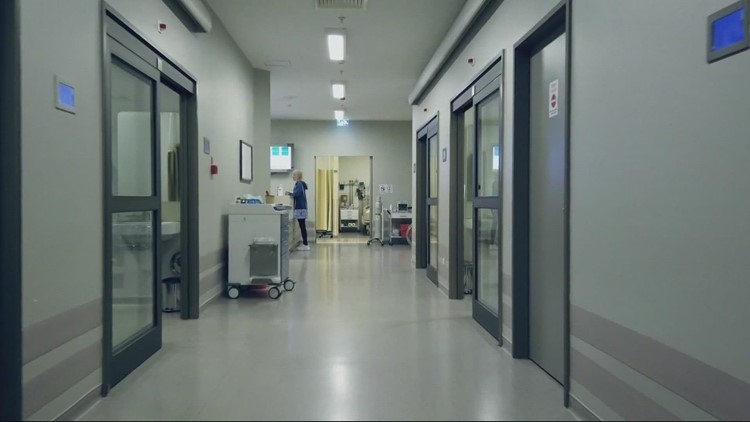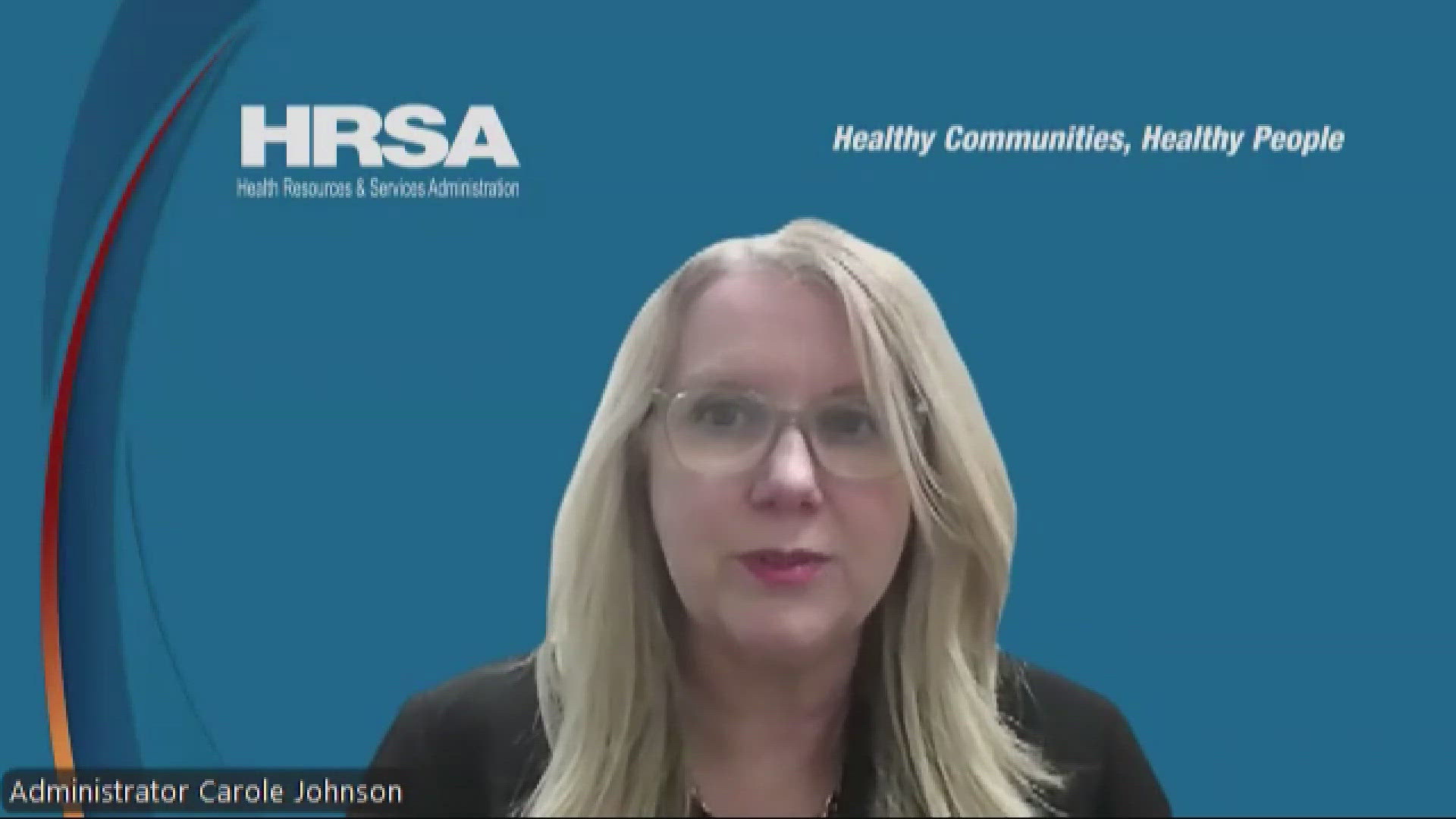SALEM, Ore. — Oregon health officials are working to ease staffing issues among the state's healthcare workforce, support workers and maintain necessary staffing through the end of 2021.
Gov. Kate Brown has approved a contract extension with Jogan Staffing through mid-January, according to Monday a press release from the Oregon Health Authority, extending the term for 1,000 crisis response and other medical workers for understaffed hospitals whose terms were previously set to expire on Monday.
The contract covers pediatric and adult behavioral healthcare residential treatment programs, emergency staffing for hospitals with serious COVID-related needs, emergency medical services, long-term care faculties, vaccine hubs, homes for adults with intellectual and development disabilities and other programs.
“Counselors and other workers in behavioral health programs across Oregon are a lifeline for people and families grappling with depression, substance use and many other issues," OHA's Director or Behavioral Health Steve Allen said. "They do lifesaving work every day. We owe them our gratitude and support. We’re doing everything we can to recognize and reward their vital work.”
OHA has awarded $6 million in grants to help behavioral health residential providers retain direct service staff, and another $9 million in grants will be provided soon.
The funds can be used to pay for hiring and retention bonuses up to $2,000 per employee, additional staff for supervision or relief shifts and other investments to improve working conditions.
In addition to the grants, Oregon has paid about $30 million in vacancy payments to residential behavioral health programs to ease financial burdens due to inadequate staffing and social distancing challenges, according to OHA.
The payments are scheduled to end on December 31st, but the state is considering an extension.
The steps taken by the state are part of a bigger effort to support behavioral healthcare workers, who have been understaffed for years and have experienced increased resignations due to compassion fatigue, increased pressure and childcare issues throughout the pandemic.
Hospitals, clinics, and other programs continue to struggle with recent increases in COVID-19 cases due to unvaccinated people and the Delta variant, OHA said. Cases and hospitalizations are expected to decline in the coming weeks and months, but with cases rising in other parts of the country and the holiday season coming soon, state health experts remain cautions.



